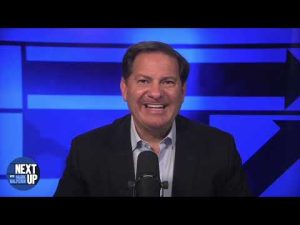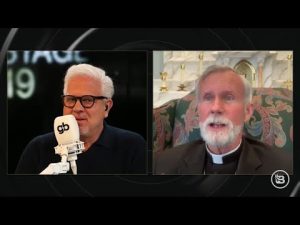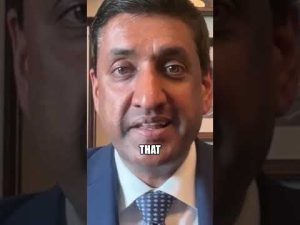In the world of politics, comparisons often get tossed around like confetti, and this time it’s WrestleMania that’s caught the political spotlight. A recent article made quite a stir by comparing Donald Trump’s political style to pro wrestling, a spectacle where fact and fiction blend in the theatre of kayfabe. For those unfamiliar, kayfabe is a wrestling term that describes the suspension of disbelief needed when engaging with the larger-than-life characters and scripted rivalries, much like what Trump has masterfully orchestrated in his political career.
Trump, they argue, could be America’s kayfabe king. Part politician, part showman, his every move and word appear dusted with the kind of drama that fills stadiums and keeps viewers on the edge of their seats—not unlike a wrestling match. Trump knows his audience well; he knows when to make them cheer and when to make them gasp. He is in complete control of the narrative, and like a true pro-wrestler, he’s always ready with a well-timed comeback or a surprising twist—certainly a skill many believe was honed during his reality TV days.
On the flip side, the media is often seen scrambling in response, resembling spectators who just can’t figure out if what they’re witnessing is a practiced performance or an unscripted debacle. Their loud responses to every provocative statement Trump makes sometimes appear as though they’re missing the bigger picture, like being thrown a curveball by a master showman who’s orchestrating the chaos. Meanwhile, his critics continue to take the bait, feverishly reacting while he deftly maneuvers around their outrage.
However, Trump keeps the stage interesting and unpredictable as he exposes the façade of his opponents. For instance, when the media paints him as akin to a notorious villain and then scurries for interviews and exclusives post-victory, it raises eyebrows—not to mention the supposedly sincere shows of concern for authenticity by those whose public personas are crafted and polished until they shine brighter than a new penny. The article suggests these political personas would do well to take a page from Trump’s book of authenticity—or at least admit that their kayfabe game could use some refining.
This wrestling analogy stretches even further into broader political circles. It’s as if readers have front-row seats to a fascinating performance of heroes and villains, with plot twists that seem both bizarre and oddly entertaining. Yet, amidst the mock battles and theatrical declarations, there lies a kernel of truth: politics, much like wrestling, thrives on spectacle. But the danger is when kayfabe inches too close to reality, blurring lines and sparking real-world chaos—transforming what might have been harmless entertainment into something more sinister.
In the end, while some critics may wag a finger at Trump’s style, they can’t deny that he keeps the audience engaged, for better or worse. As the saying goes, politics is a stage, and in this spectacle, Trump seems to be the main event, wielding the dual titles of performer and puppeteer. Whether wrapping itself in the RAW intensity of WrestleMania or the drama of the nightly news, the chaotic brilliance of it all is undeniably America’s political kayfabe at its finest.







